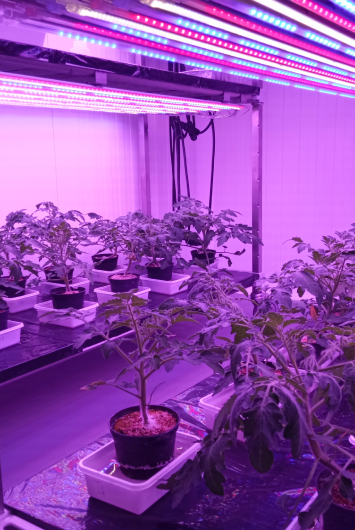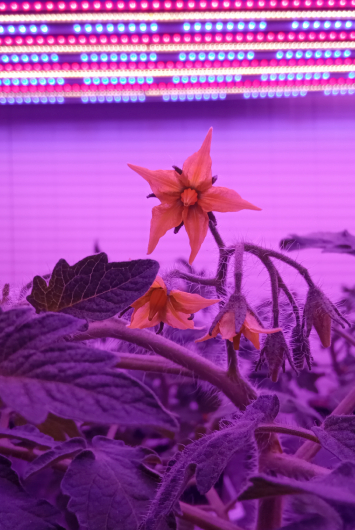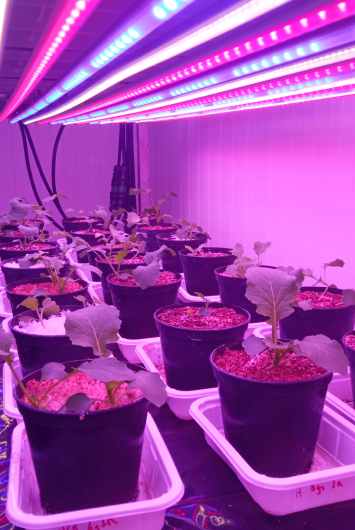Frass
The massive use in agriculture of exogenous sources of nitrogen (N) and phosphorus (P) in the form of fertilizers of mineral origin characterizes in an essential way the current agricultural production but their use is highly inefficient. In fact, only a small fraction of these nutrients is found in the food actually consumed, while a large proportion is released into the environment as a result of fertilization practices that are not perfectly calibrated to the real needs of the crop or in the form of food waste. Identifying sources of N and P endogenous to the food system and alternatives to conventional mineral fertilizers, the production of which is based on the exploitation of fossil fuels and non-renewable resources, is an important step in order to limit the ecological impact due to the excessive use of N and P.
In this context, the development and application of new biological products capable of promoting the growth of agricultural plants represents a very interesting approach to address the challenges related to the sustainable increase in food production. Currently in Europe the industry for the production of insects for feed purposes is booming, which in turn generates an important production of material similar to compost, indicated with the term "frass", obtained from the bioconversion process by insects of low quality organic waste used as food substrate for their production. This waste fraction can contain large quantities of nutrients such as N, P and potassium (K) in forms easily assimilated by plants, and some preliminary studies suggest their possible use as biological fertilizers. In addition, other research has shown that the intestinal microbiota of various insects may contain bacteria that act as plant growth promoting microorganisms (PGPMs). Many of these PGPMs can fix atmospheric nitrogen, produce indole acetic acid and salicylic acid, solubilize phosphates, and promote zinc absorption.
Among the insect species mostly bred and used for the bioconversion process of waste, the most studied are the mealworm (Tenebrio molitor, TM) and the soldier fly (Hermetia illucens, HI). In the case of TM, the frass generated by this species have a balanced NPK content which was able to improve various agronomic parameters and to promote tolerance to abiotic stresses in beet plants and was as efficient as the NPK mineral fertilizer in improving biomass and the uptake of these elements in barley plants.
Interesting results in terms of increased grain yield and N uptake were also obtained using HI frass as organic fertilizers for maize production in comparison with commercial organic fertilizers tested in a Sub-Saharan environment.
In the framework of ADVAGROMED project the potential of insect frass, obtained from the breeding of insect species selected among the most used for commercial purposes, as a biological product to be mixed with organic substrates for soilless cultivation in partial or total replacement of conventional mineral fertilizers, investigating their effects on nutrient availability, biological activity in the substrate and plant growth will be evaluated. The study will focus on plant species widely used in the typical preparations of the Mediterranean diet.



